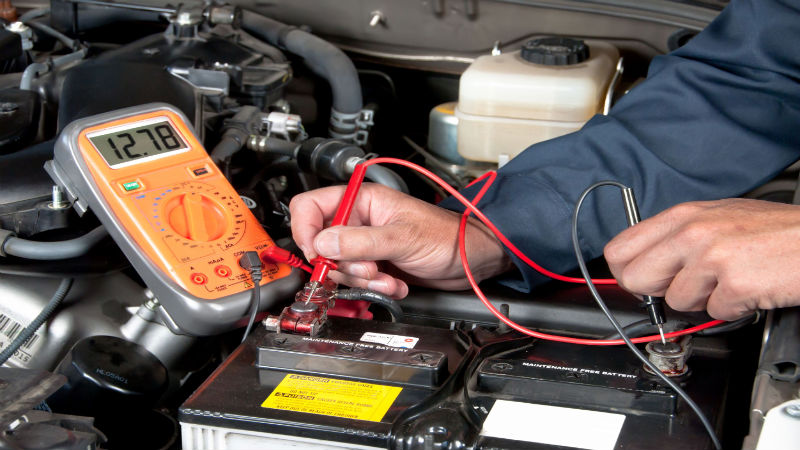With fleets of delivery trucks, dump trucks and big rigs out on the open road so much of the time, accidents are almost sure to occur at one point or another. Sometimes it’s the fault of the truck driver, while other times another vehicle driver is to blame. Certain circumstances essentially absolve anyone of blame; icy roads and thick fog can lead to collisions. A deer darting into the highway creates a substantial hazard. No matter who is responsible, heavy truck repair becomes necessary to get these workhorses back out on the highway as soon as possible.
In many cases, body damage to the truck isn’t the main issue. An accident on the road can cause damage to a variety of functional components, such as the radiator, the suspension or the exhaust system. heavy truck repair is usually covered by the business owner’s insurance, which reduces the financial load after a collision. Nevertheless, the longer the vehicle is out of commission, the longer it’s not making the owner any money. Large businesses typically have a backup vehicle that can be swapped into the schedule, but smaller organizations must utilize every vehicle in the fleet. They need fast, effective repair work or they wind up with drivers unable to work and the business unable to accept all the available jobs. All of this can have a substantial negative impact on a small company trying to compete.
Although truck bodies are constructed to keep the interior functional parts safe, certain types of collisions can cause damage to those components. A front-end impact can dent the radiator, and if that accident involves a sharp object, the radiator can be pierced. A rear-end impact can damage the tailpipe, muffler and other exhaust components. The truck can be brought to a mechanic garage like Truck Parts & Equipment Inc to be evaluated and repaired if possible. Not all issues with the vehicle may be obvious at first glance. Mechanics sometimes find further problems as they investigate closely. The truck owner’s insurer will decide the maximum amount it will pay; estimates above that would constitute a total loss in the eyes of the insurance company. You can also like them on Facebook for more information.








